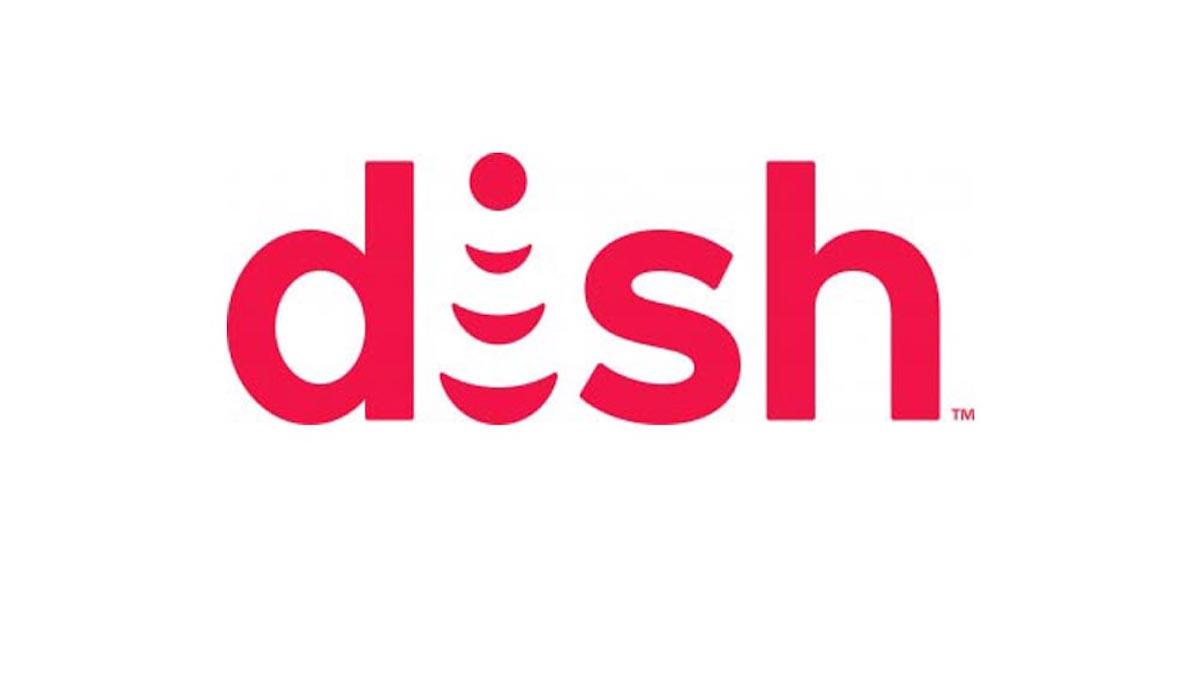In a renewed era of the space race, the issue of space debris is gaining significant attention. To combat this problem, the Federal Communications Commission (FCC) has taken action against companies failing to clean up after themselves, beginning with DISH.
In a recent development, the FCC has imposed a fine of $150,000 on DISH for its failure to properly deorbit its EchoStar-7 satellite, which was launched back in 2002. DISH had submitted an orbital mitigation plan in 2012, aiming to conclude the satellite’s mission at a height of 300 kilometers above the “operational geostationary arc.” According to DISH, the deorbit maneuvers were intended to commence in May of the previous year.
However, in February, DISH realized that the satellite lacked sufficient propellant to execute the original plan. Consequently, the company decided to retire the satellite at an orbit of 122 km above the geostationary arc, violating the FCC-approved debris disposal plan.
As a part of the settlement, DISH is now required to acknowledge its liability and comply with the compliance plan set forth by the FCC.
Space debris has emerged as a pressing concern, particularly as more companies deploy low-Earth orbit satellites to facilitate internet access. This accumulation of debris poses risks to other satellites and even jeopardizes the safety of crewed missions.
At the moment, DISH has not provided any comment regarding the matter.
The FCC’s Space Bureau and Space Innovation Agenda have affirmed their commitment to safeguarding Low Earth Orbit.
Enforcement Bureau Chief Loyaan A. Egal emphasized the importance of operators adhering to their commitments as satellite operations multiply and the space economy expands. The recent settlement serves as a significant milestone, underscoring the FCC’s robust enforcement authority and capability to enforce pivotal space debris regulations.
To prevent interference in satellite operations, the FCC strictly prohibits the use and operation of any device transmitting energy, communications, or signals without authorization. These regulations also help the FCC in coordinating and assessing operations, while simultaneously reducing the amount of space debris encircling Earth. Any company launching objects into space must outline a comprehensive plan for disposing of space waste once their missions are completed.

